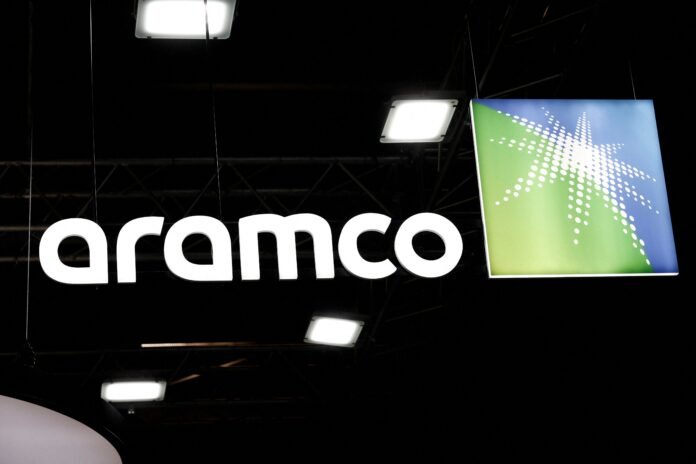Falling oil prices are disrupting Nigeria’s plans to secure a $5 billion oil-backed loan from Saudi Arabia’s state oil company, Aramco. This loan represents Nigeria’s largest such agreement and marks Saudi Arabia’s biggest involvement in an African OPEC country. However, the decline in oil prices complicates negotiations. This raises concerns over Nigeria’s ability to meet its repayment obligations, particularly amid falling oil prices.
The key phrase, “oil-backed loan,” appears throughout this report as Nigeria faces mounting challenges in the oil sector. Since January, oil prices have dropped by about 20%. This drop has made it more difficult for Nigeria to secure favorable loan terms. To back the $5 billion loan, Nigeria might need to increase oil production by at least 100,000 barrels per day, according to sources. This requirement stems from the need to secure enough collateral amid lower oil prices.
Currently, Nigeria relies on at least 300,000 barrels daily to service existing oil-backed loans. Thus, mitigating the falling prices becomes crucial for maintaining this arrangement. Yet, the country’s oil output has struggled in recent years. Nigeria’s production averaged 1.4 million barrels per day in the first quarter, far below its OPEC quota of 1.8 million barrels per day.
The Nigerian government has urged oil companies operating within its borders to work together to boost production. These efforts come after years of underperformance and challenges such as oil theft and pipeline vandalism. Despite falling oil prices, these issues have long hampered Nigeria’s oil industry. This has led to the departure of major international oil firms and forced force majeure declarations at key export terminals.
Despite these setbacks, Nigeria’s authorities have recently intensified their crackdown on oil theft. They have also shown enthusiasm for increasing oil and gas output. These measures aim to improve the country’s oil production. Furthermore, they aim to strengthen its position in negotiations over the oil-backed loan, especially with the concern of falling oil prices impacting those discussions.
Meanwhile, Nigerian officials remain optimistic. Earlier this month, the Nigerian National Petroleum Regulatory Commission (NUPRC) announced that ExxonMobil plans to invest up to $1.5 billion in deepwater exploration offshore Nigeria. With the challenge of falling oil prices, this investment could help boost Nigeria’s oil production. It could also reduce reliance on oil theft and vandalism.
In conclusion, the key phrase “oil-backed loan” encapsulates Nigeria’s current financial and production struggles. Falling oil prices have made negotiations with Aramco more difficult. Nigeria must address its production issues to secure the necessary backing for the loan. As the country works to improve its oil output, foreign investments like ExxonMobil’s show promise for future growth amid current oil price challenges.


